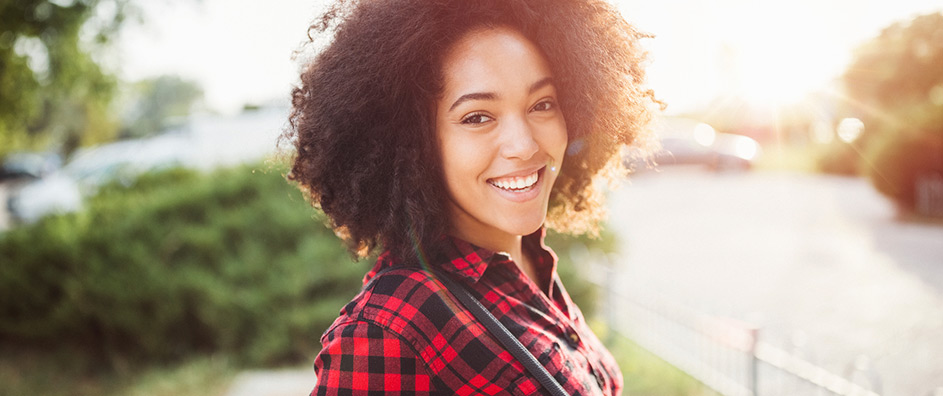The Bahá’í Faith, a global religion founded in the 19th century, embodies principles that transcend time and cultural boundaries. Among these principles is a profound emphasis on gender equality, articulated as the end of male dominance. In a world grappling with systemic inequities, the Bahá’í teachings offer a transformative roadmap towards a balanced coexistence between genders, heralding equality as the unequivocal way forward. This exploration delineates the critical need for dissolving patriarchal structures, examining how equality serves as both a fundamental tenet of the Bahá’í Faith and a beacon for societal progress.
To embark on this examination, one must first acknowledge the historical context wherein male dominance has pervaded societies globally. Like an ever-expanding vine, this dominance has entwined itself around myriad aspects of life, including governance, social norms, and even religious interpretations. The Bahá’í perspective urges adherents to sever these vines and cultivate a garden where equal rights flourish. Gender discrimination not only stifles individual potential; it simultaneously undermines collective human advancement. Thus, recognizing the interconnectedness of all human beings becomes crucial in this pursuit of equality.
At the core of the Bahá’í teachings lies the assertion that men and women are equal in all essential aspects. This idea is not merely a utopian notion; it is rooted in the belief that both genders contribute uniquely to societal development. Just as two wings are necessary for a bird to soar, both men and women must participate equally in every field. Bahá’u’lláh, the prophet-founder of the Bahá’í Faith, articulates this sentiment with striking clarity, stating that the empowerment of women and the promotion of their rights will fortify the very foundation of human society.
Furthermore, an intriguing metaphor emerges from the juxtaposition of male dominance and gender equality: the scales of justice. In societies where male hegemony prevails, justice is often precariously balanced, tilting toward one gender and thereby imposing systemic inequality. The Bahá’í teachings advocate recalibrating these scales, ensuring that both men and women occupy equal weight in societal decision-making processes. This recalibration is not an act of contention but rather an intrinsic correction aimed at achieving harmony and wholeness.
The imperative for gender equality within the Bahá’í framework extends beyond mere advocacy; it enunciates a call to action. Educational institutions, community centers, and homes become crucibles for societal change when they embody the principles of equality. Initiatives that promote women in leadership roles, facilitate equal access to education, and dismantle detrimental stereotypes are pivotal. Just as a tree requires nourishment to grow strong, so too does society require equitable principles to thrive.
Dispelling the myths surrounding gender roles is a struggle that demands collective effort. The Bahá’í teachings illuminate the necessity of re-evaluating entrenched narratives that prioritize masculine authority over feminine wisdom. It posits that true leadership is not a function of gender, but rather of character, competence, and compassion. By fostering environments that relish collaboration over competition, strides can be made towards dismantling barriers that have historically kept women from ascending to positions of influence.
The dynamics of family structures are also crucial in this context. Bahá’í marriages are envisioned as partnerships grounded in mutual respect and equality. This philosophical underpinning challenges traditional notions of hierarchy within the family and fosters a nurturing environment for future generations. Children raised in families that exemplify gender equality are more likely to inherit these values, cultivating a cycle of respect and inclusion that benefits society as a whole.
Transformation, however, requires more than individual action; it necessitates societal will. The Bahá’í community actively engages in dialogues aimed at shifting public perceptions and attitudes towards gender roles. Efforts include organizing seminars, workshops, and community gatherings that emphasize the importance of equality and inclusivity. These gatherings serve as fertile grounds where vibrant discussions challenge preconceived notions and promote enlightened perspectives. For a society in flux, this transformation is nothing short of essential.
Moreover, radical educational reforms are imperative. Education should not merely serve the dissemination of knowledge but must embody principles that espouse equality. The Bahá’í teachings advocate for educational curricula that eschew stereotypes and celebrate both genders’ contributions. By instilling values of equality from an early age, society nurtures generations of individuals who champion inclusivity, ensuring that the societal narratives of the future are devoid of the shackles of past prejudices.
Incorporating the principle of equality as a guiding star in decision-making across all levels—from community governance to international diplomacy—can engender a cultural renaissance. The Bahá’í teachings assert that no societal dilemma can be resolved without addressing the inherent inequalities that persist. As nations navigate complex global challenges, the integration of gender equality into policy-making is not just beneficial but a moral imperative.
In conclusion, the campaign against male dominance as articulated by the Bahá’í teachings presents a formidable vision of a more equitable world. By emphasizing the equal worth and capabilities of both men and women, these teachings resonate as a clarion call for change. Endowing society with the principles of equality, mutual respect, and collaboration can catalyze profound metamorphoses, ushering in an era where the scales of justice are balanced, and every individual can contribute their unique gifts to the collective fold. Embracing this vision is not merely an act of faith but a commitment to the evolution of humanity itself—a journey towards unity, where male and female work shoulder to shoulder, ensuring a brighter future for all.
